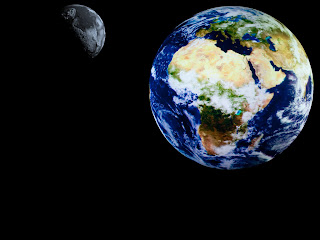Peace is on our minds as we
approach Thanksgiving this year. Some years ago a beloved Lutheran theologian,
Joseph Sittler, described the common definition of peace “as if it referred to
a disengaged and highly desirable virtue, achievement, or gift, hanging in splendid
and beguiling isolation. Suggesting the notion of an exclusively interior and
private serenity, a well-insulated tranquility achieved by detachment.” Later,
in contrast, he continued with his scriptural characterization of peace “in the
scriptures, peace has meanings so many and various that they cannot be
condensed into a single statement; all such meanings operate within a context,
and that context always involves discipline, choices, denials, sacrifices.”
Thanksgiving is that time in
which our difficulties to be at peace with each other seem particularly to be
in contrast to our grasp of peace with God. Throughout the scripture, as
Sittler tells us, “…in our relationship to God, love, righteousness and justice
swirl around and penetrate each other as they interact. The righteousness of
God is not compromised by his love for us. God’s sense of justice is not
weakened by his merciful love.” Somehow, in Christ these three uncompromised
qualities of the Almighty have been joined to bring us life and peace. That may
work for God, but out here in the world of history, politics, economics, treachery,
brutality, and the rest of our demons, bringing together justice, love, and righteousness
is not so readily accomplished. Instead of peace we argue in frustrated anger.
Instead of peace we find no alternative but to choose for one side or the other
of a conflict. Instead of peace we find ourselves becoming more indifferent to
the rights of those who oppose or seem to threaten us.

Perhaps we can think of Thanksgiving
as the springtime of God’s Peace, the plowing and planting. At Thanksgiving we
attempt to come face to face with the wholeness of life that righteousness makes
possible. We ponder anew the life energy of the love of God in Christ. We peek
apprehensively, perhaps, at the call of our Lord to justice in our human relationships,
knowing the rights that I claim for myself are also due my opponent, before
God.
Thanksgiving is the plowing time,
when we allow the wounds of Christ to dig deep into us, bringing us face to face
with the cost of our peace with God. Peace comes to the human heart when the
righteousness, love and justice of God are taken seriously as the seed
qualities that Jesus also plants in us, making for our peace with God. Thanksgiving,
for us Christians as we live in the shadow of the passion of our Lord can
penetrate the hard surface of our defenses. Thanksgiving teaches us how to make
peace with ourselves and our fellow human beings. Not by maneuvering for the
most advantageous outcome for ourselves, but as those most willing to allow the
ways of Jesus to grow and flourish in us, and eventually to make a difference
in life.

Peace does not come by some
haphazard tinkering with the dials of our life until we finally get a frequency
that makes us calm. It comes as we deliberately respond to the call of the gospel, powered by the presence of Christ. Peace wakes in us our
relentless need for his righteousness to work within us, to be aroused to the
pursuit of a truly Christ-like love, and to make a renewed commitment to the
rights and needs of those around us.
The way to peace with ourselves,
and with each other, begins with our peace with God. It is in seeing how Jesus
has made peace for us that we can find our way in the planting and sustaining
of peace with each other. May Thanksgiving this year help us toward a harvest
of peace with ourselves, our communities and our world.
In Christ,
Pastor Jansen
































